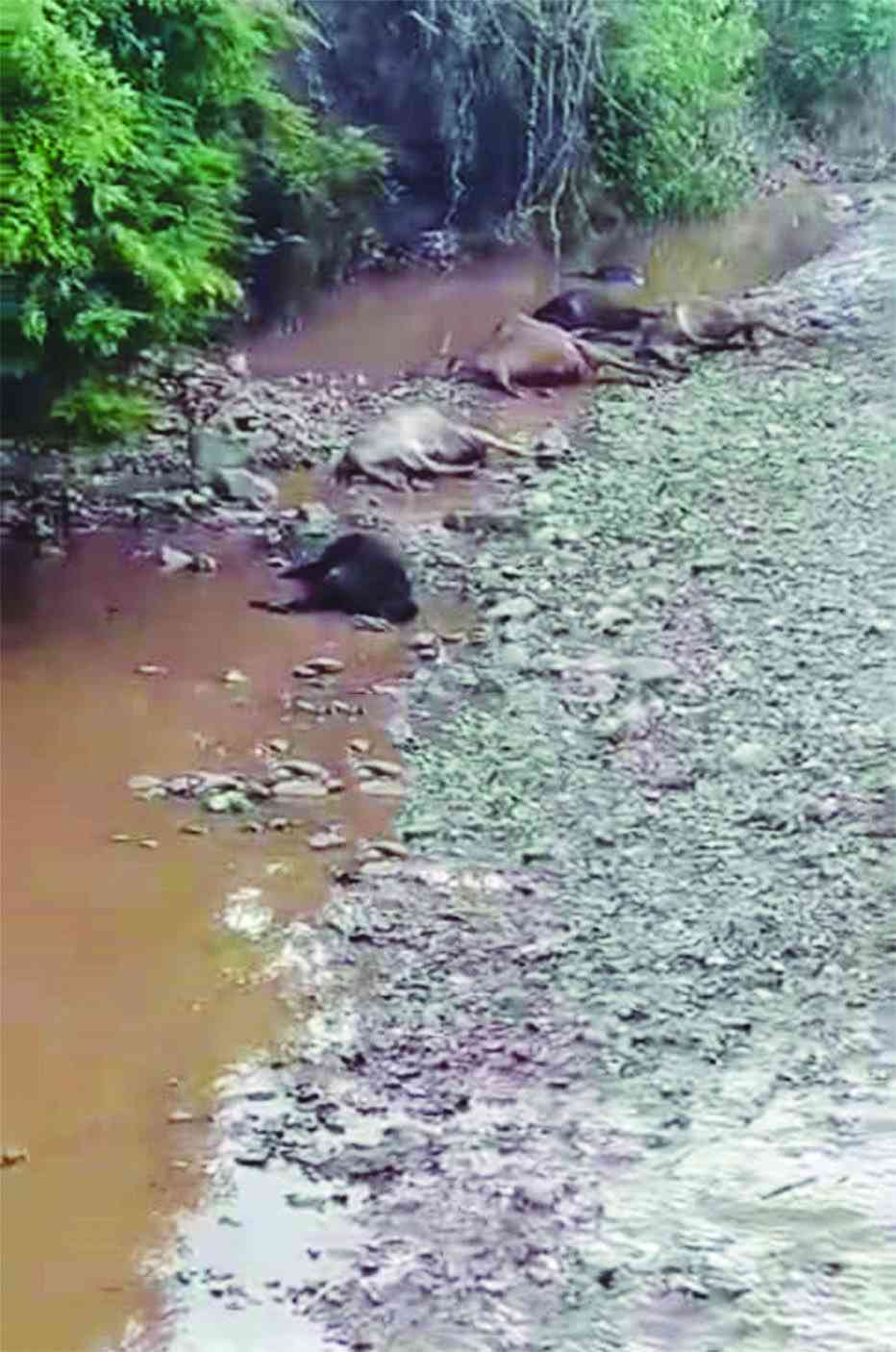
Zimbabwe is once again in the throes of a crippling electricity crisis due to faults at major power stations and the country’s failure to pay debts to suppliers.
The country has been experiencing rolling blackouts for some time after faults were reported at the Kariba and Hwange power stations.
Zesa chairman Sydney Gata revealed last week that the country risked losing power import contracts with utilities in Zambia and Mozambique to South Africa because it was failing to pay for the electricity supplies on time.
Gata said Zesa was failing to pay the US$6.3 million monthly import bill to Zambia and that South Africa’s Eskom was waiting in the wings to replace Zimbabwe as an importer of electricity.
Eskom, which is South Africa’s main source of electricity, has of late been struggling to meet demand and President Cyril Ramaphosa announced that the utility will turn to neighbouring countries to purchase surplus power.
Gata warned that losing the contracts will be catastrophic for Zimbabwe because the supply will be reallocated to other utilities and the country stood to “lose heavily as these contracts are long term and at a competitive price.”
The electricity deficit that has been haunting Zimbabwe for many years point to a lack of proper planning by the government and misplaced priorities.
Zimbabwe has three coal fired power stations in Harare, Munyati and Bulawayo that are operating at well below their capacity due to neglect over the years by the government.
- Chamisa under fire over US$120K donation
- Mavhunga puts DeMbare into Chibuku quarterfinals
- Pension funds bet on Cabora Bassa oilfields
- Councils defy govt fire tender directive
Keep Reading
Over the years, the government has also awarded to several licences to independent power producers (IPPs) to complement Zesa’s power generation, but very few have taken off and those that are producing electricity are struggling because of a tariff structure that does not make economic sense.
Zesa is forced to charge sub economic tariffs most of the time because the government takes time to review the charges, which cannot keep up with movements on the exchange rate.
The power utility is also owed billions of dollars by clients, who include government departments and this makes it difficult for it to generate revenue to pay for the electricity imports.
In the face of the electricity crisis that does not only disrupt people’s lives, but also cripples the economy, the government must be proactive in reviewing Zesa tariffs to allow it to raise money to maintain the power stations and import electricity to plug the deficit.
The government’s energy policies must also encourage the growth of IPPs to ensure self-sufficiency.







